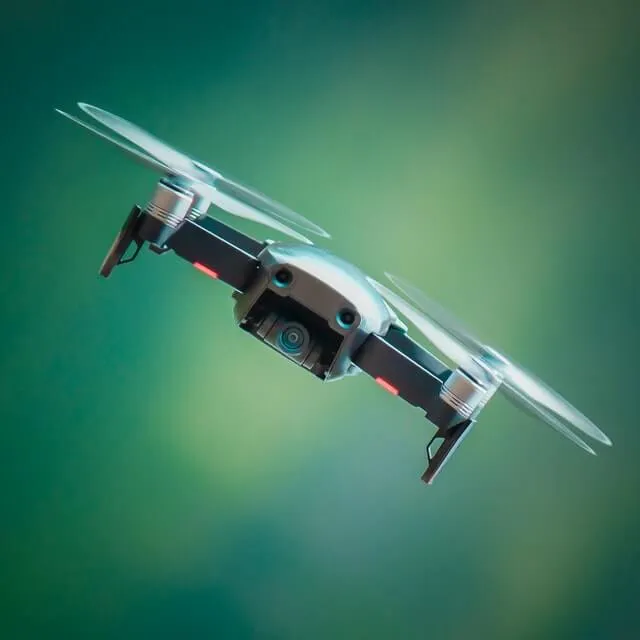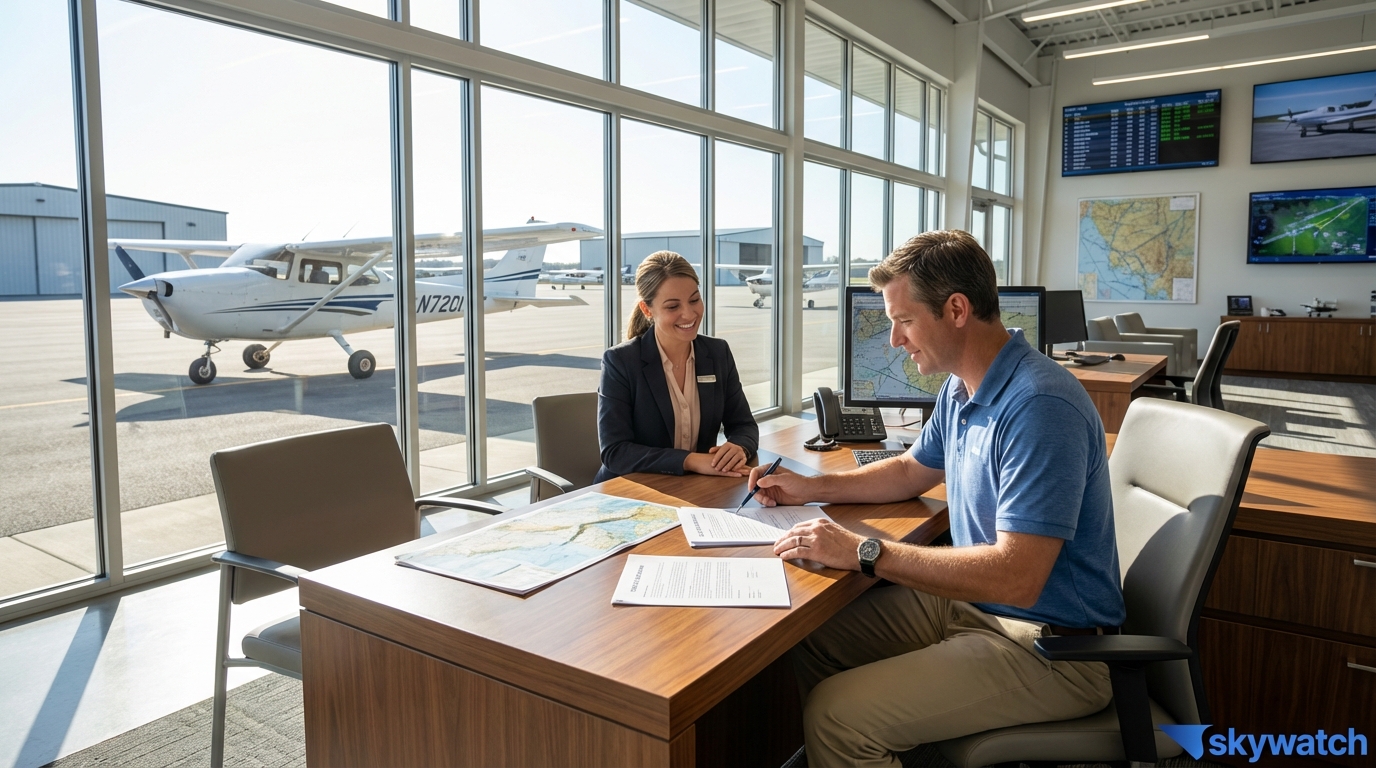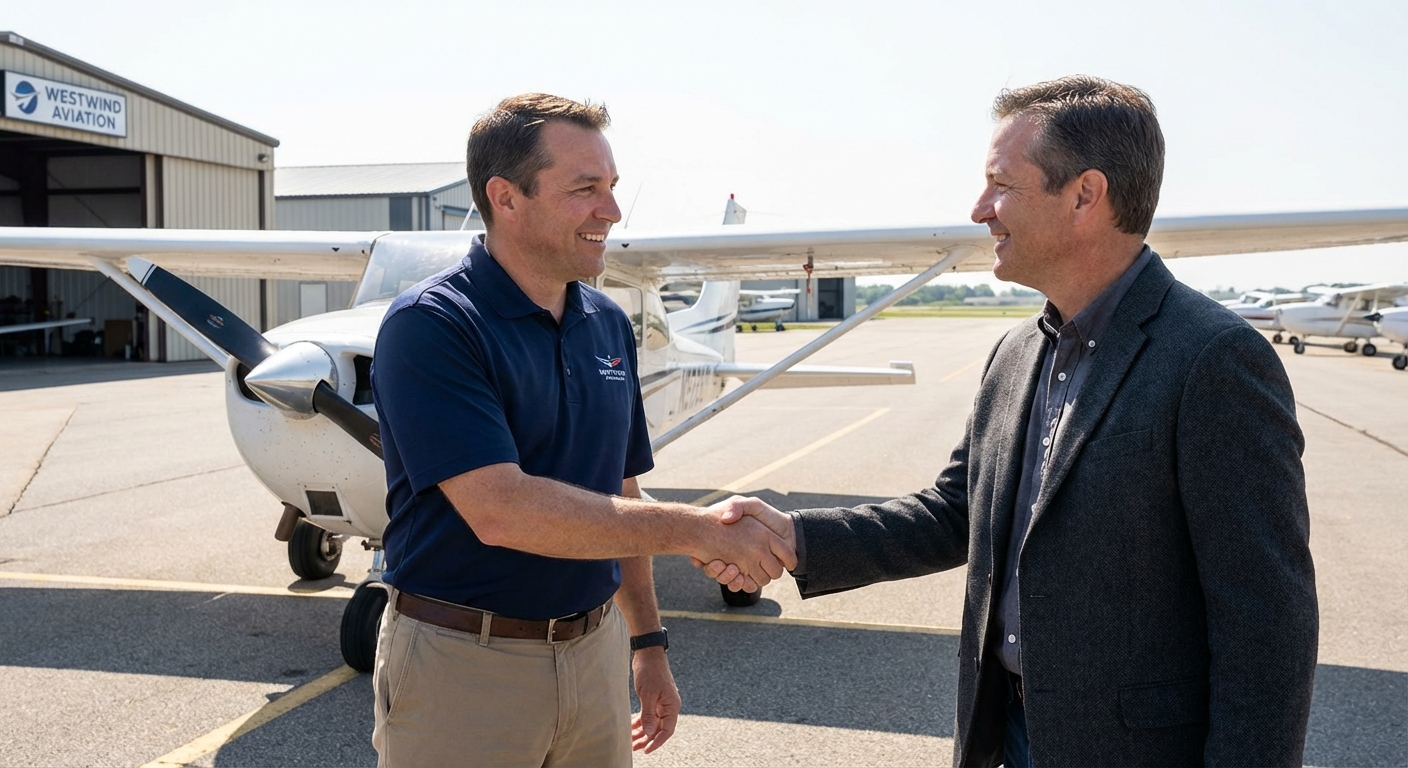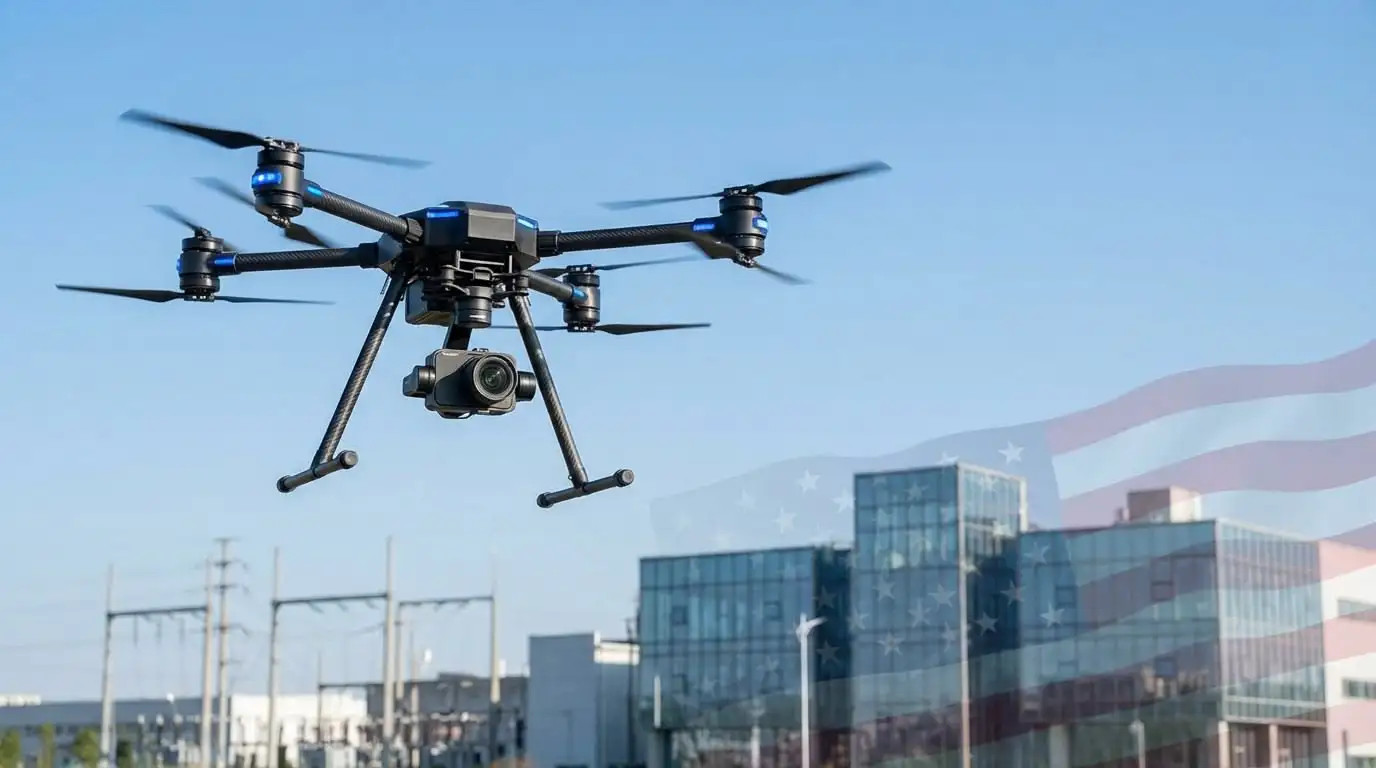Fly a drone for a living and you’re working at the cutting edge in an industry that’s quite literally on the up. But, for several reasons, drone technology and the pilots behind the controls don’t have the best of reputations.


In some respects that’s justified: A small minority of drone pilots have in the past disrupted emergency efforts and airport operations, or used drones for some other nefarious purposes. But the sad fact is that this minority generates far more headlines than the huge number of positive industry stories out there.
This matters, public perception influences legislation, which in turn impacts the number of businesses looking to adopt drone technology. Ultimately, drone pilots have to play the long game and hope that step by step, these negative perceptions will change.
So what can you do as a professional drone pilot to gain trust from new clients and improve the wider reputation of the industry in the process?
There are plenty of ways to improve your chances of winning new business and retaining clients. Read on for some of our favorites...
Professionalism on the job
If you’re hoping to forge a reputation as a trustworthy commercial drone pilot, professionalism on the job is vital. This ranges from standard practices you should put in place whether or not you are a drone pilot, to elements that are specific to working with UAVs.
First up, it’s important to understand that not all clients will be familiar with the hows and whys of flying a drone. As such, an important part of your service should be education. In practice, this means talking through your workflow, providing examples of the data you are able to capture, and outlining the benefits it can bring. It also means being clear about what drones are and aren’t capable of.
Professionalism on the job also covers the way you carry yourself. You might be flying an active work site or operating in a public space. In both cases, people will likely want to know what you’re up to. If you’re approached or challenged, you need to be able to explain what you are doing and why.
People are rightly suspicious of any technology with dystopian vibes. Which brings us back to why being prepared to engage with people and educate them is such an important part of the job.
You can take some small steps to make your life easier. Start by making yourself clearly identifiable as a professional pilot.
Finally, professionalism encompasses the way you fly. It goes without saying that at all times you should operate within local and national regulations. Operationally, have a workflow and stick to it, including a pre-flight checklist that ensures safety and puts the groundwork in place for a successful mission.
Taking the time to plan your flights carefully will help you get better results from your flights and data gathering missions. It’ll also signal to existing and prospective clients that you take what you’re doing seriously.
Testimonials and referrals
Just like with any business, referrals matter. Providing a high-quality, professional service is its own form of marketing. And doing so consistently will lead to your services becoming in-demand through word of mouth alone.
Best of all: Once you get to that point, marketing your drone business no longer has to take up so much of your time.
If you have a satisfied client, encourage them to write you a review. You can use these testimonials in your marketing material or develop them into case studies that show off your areas of expertise and USPs.
Depending on the focus of your drone business, it might also be feasible to incentivise referrals. Do you specialize in roof inspections or aerial photography? Consider giving clients a small discount for ongoing work in return for successful referrals.
Using the right equipment
You can be the most talented drone pilot in the world, but if you’re using a drone or payloads that aren’t suitable for the job at hand, your work will suffer.
Once you’ve settled into a business niche, make sure you adapt your fleet accordingly and keep up with the latest hardware and software. This is particularly the case if you carry out aerial surveys or capture professional videography. In both of these examples the details matter, from Ground Sampling Distance for mapping projects to the ability to shoot videos in slow motion for media clients.
Drones have been around for a few years now, but the tools of the trade are still evolving. Investing in your business will pay dividends in the long run.
Insurance
Oftentimes in the drone business, to gain the trust of new clients you have to provide them with peace of mind. Testimonials and a high level of professionalism go a long way towards doing that, but having a comprehensive drone insurance policy is another important step.
No matter how carefully you plan your flights and follow your pre-flight checklist, this is aviation; accidents happen. Each site has its own risks and, inevitably, your clients will feel more confident about the use of drones above theirs if you have insurance.
Take a look at our Ultimate Drone Insurance Guide to learn more about which coverage options suit your business best.











